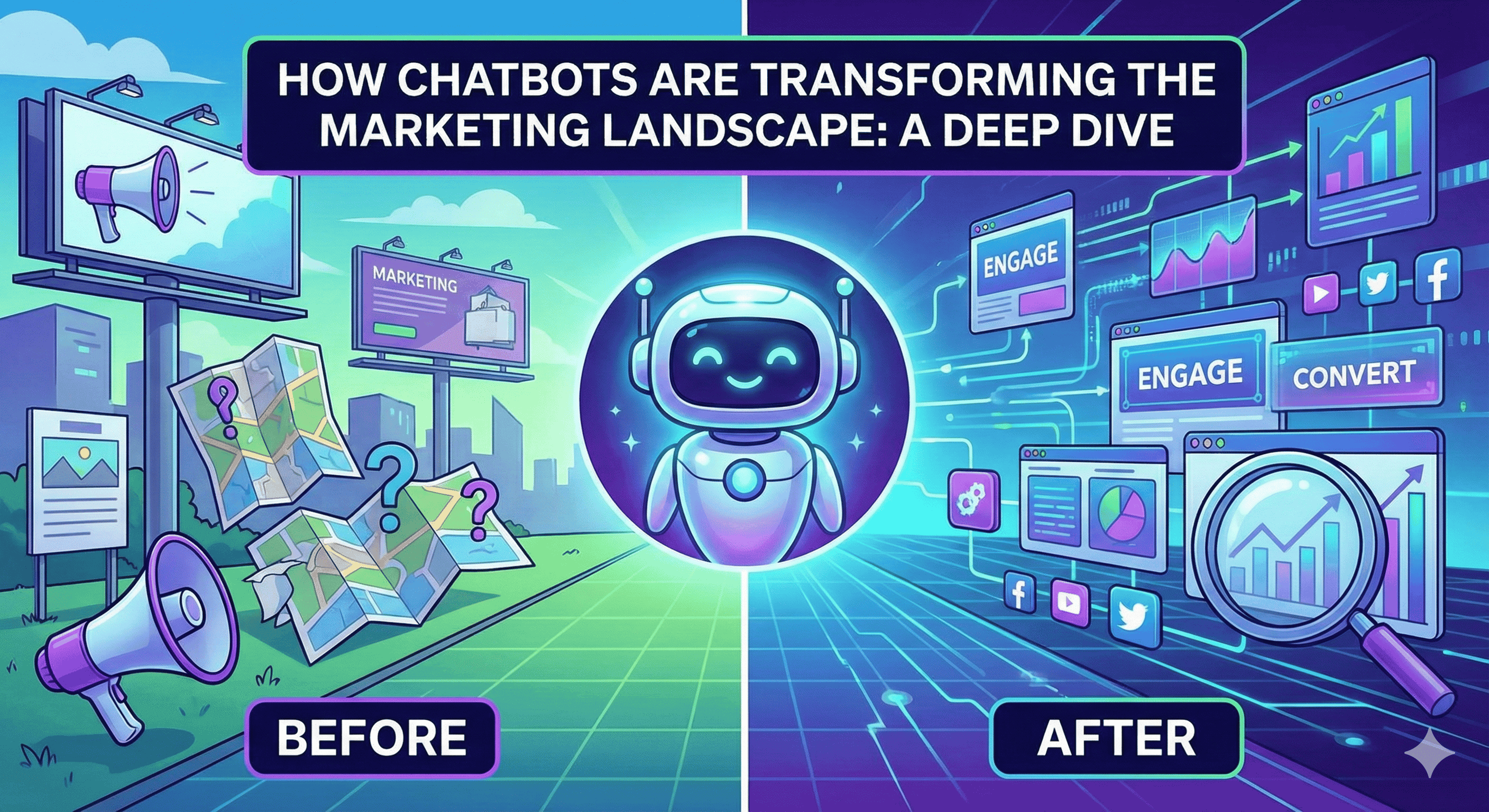In recent years, artificial intelligence (AI) has emerged as a transformative force across various industries, and marketing is no exception. As businesses strive to understand consumer behavior, deliver personalized experiences, and optimize their operations, AI technologies are proving to be game-changers in shaping future marketing strategies. This article delves into how AI is revolutionizing marketing, the key areas of application, and the challenges and considerations businesses must address in order to harness its full potential.
Understanding AI in Marketing
AI encompasses a range of technologies, including machine learning, natural language processing, and computer vision, which enable machines to perform tasks that typically require human intelligence. In marketing, AI can analyze vast amounts of data to identify trends, predict consumer behavior, and automate various processes, thereby enhancing decision-making and efficiency.
Key Applications of AI in Marketing
Consumer Insights and Data Analysis
AI tools can sift through immense data sets to extract actionable insights about consumer preferences and behaviors. By leveraging customer data from various sources—including social media, website interactions, and transaction history—marketers can create detailed consumer profiles that inform targeted campaigns, product development, and customer engagement strategies.Personalization and Customer Experience
Modern consumers expect personalized experiences, and AI facilitates this by enabling hyper-segmentation. Algorithms analyze individual consumer behaviors to tailor messaging, product recommendations, and content delivery that resonate with specific audiences. This personalized approach not only enhances customer satisfaction but also drives conversions and loyalty.Predictive Analytics
Predictive analytics uses historical data to forecast future trends and consumer behaviors. Marketers can leverage AI models to anticipate market demands, optimize inventory, and design proactive marketing strategies. This forward-thinking approach minimizes risks associated with product launches and marketing campaigns.Content Creation and Curation
AI can assist in content creation by analyzing successful content types and generating text, images, or videos that align with a brand’s voice. Tools like GPT-3 can produce engaging social media posts or blog articles, while AI algorithms can help curate relevant content based on user interests.Chatbots and Customer Support
AI-powered chatbots enhance customer interactions by providing instant responses to inquiries, troubleshooting issues, and guiding customers through sales funnels. This automation allows businesses to deliver 24/7 support while freeing up human agents for more complex tasks. Chatbots can also collect valuable user data, refining marketing strategies based on real-time interactions.- Ad Targeting and Optimization
AI enables marketers to optimize ad spending by analyzing audience engagement and predicting which ads will resonate best. Programmatic advertising uses AI algorithms to automate ad buying and placement, ensuring that ads reach the right audience at the right time, maximizing return on investment.
Challenges and Ethical Considerations
Despite its potential, the integration of AI in marketing is not without challenges:
Data Privacy and Security
With the increasing use of consumer data, marketers must navigate complex regulations surrounding data privacy, such as GDPR and CCPA. Transparent data collection practices and robust cybersecurity measures are essential to maintain consumer trust.Algorithmic Bias
AI systems can inadvertently reinforce biases present in training data, which may lead to discrimination in marketing strategies. It is crucial for marketers to monitor AI outputs to ensure fairness and inclusivity in targeting and messaging.Talent and Expertise Gaps
As AI technologies evolve, businesses often face a talent gap when it comes to implementing and managing AI-driven marketing strategies. Investing in training and development programs is essential to equip teams with the necessary skills.- Dependence on Technology
While AI can significantly enhance efficiency, an overreliance on technology can diminish the human touch in marketing. Striking a balance between automation and personal engagement is vital for building meaningful customer relationships.
The Future of AI-Driven Marketing Strategies
The future of marketing will increasingly rely on AI as businesses seek to innovate and adapt to changing consumer expectations. As technology continues to advance, we can expect AI to play a central role in enhancing creativity, driving strategic decision-making, and refining customer engagement.
To harness the power of AI effectively, marketers must stay informed about emerging technologies, continuously evaluate their strategies, and prioritize ethical considerations. By embracing AI-driven approaches, businesses can not only enhance their marketing effectiveness but also build a more customer-centric future.
In conclusion, AI is not just a trend but a cornerstone of modern marketing strategy. As organizations navigate this dynamic landscape, those who leverage AI effectively will differentiate themselves, fostering deeper connections with consumers and achieving long-term success.









